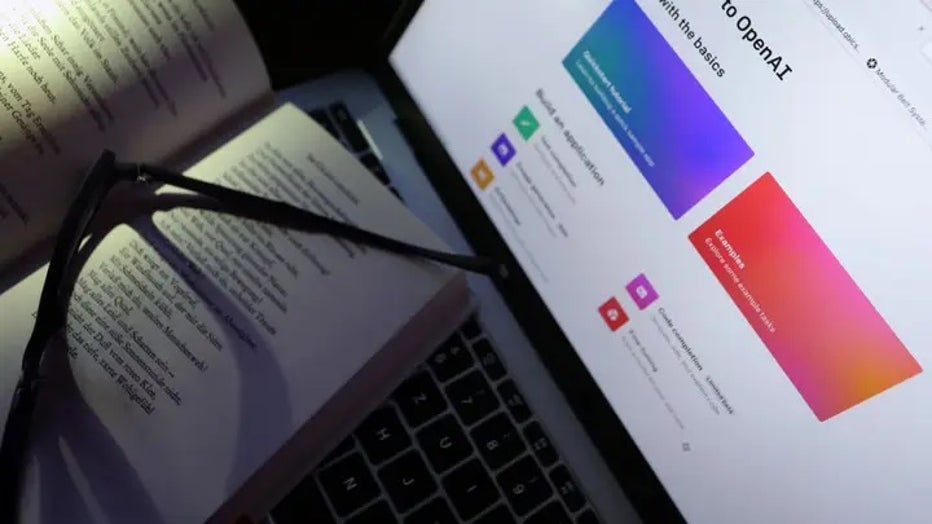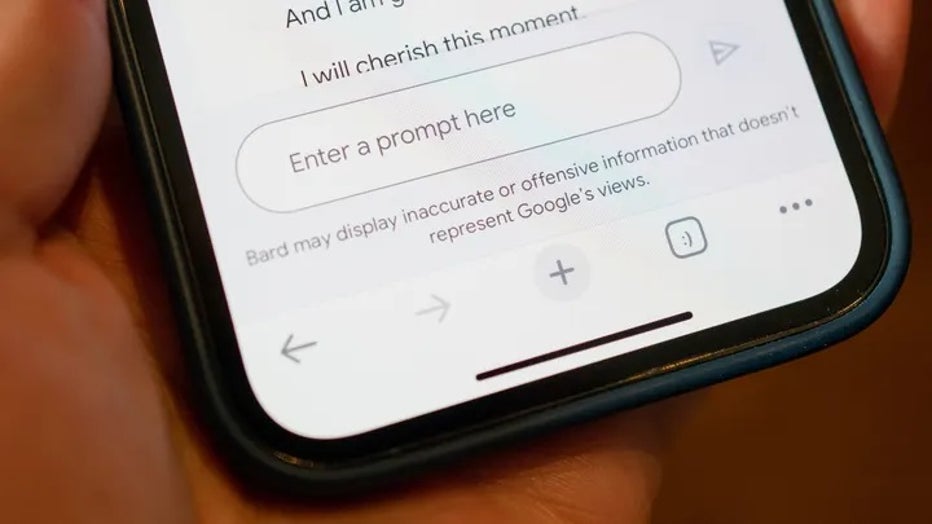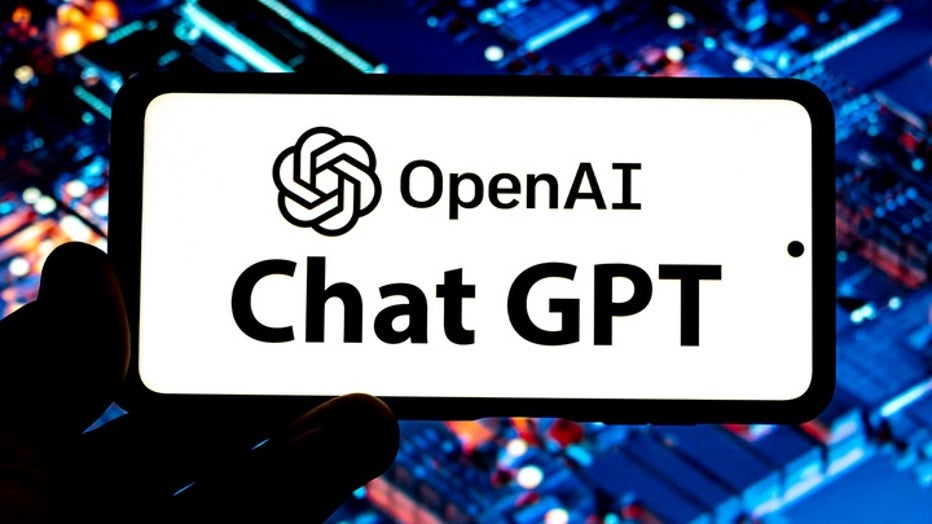These jobs are safe from the AI revolution — for now

Boston Dynamics video shows robot working in simulated construction site
A newly released video from Boston Dynamics shows the organization?s humanoid robot Atlas displaying a routine that challenges its ?locomotion and sensing capabilities,? according to a statement from the company.
The rise of artificial intelligence (AI) technologies have the potential to revolutionize workflows and automate aspects of many jobs, but not all professions will be impacted in the near term, according to a recent report.
Generative AI and large language models (LLMs) are technologies that have received a lot of attention lately. Both use algorithms to take existing, human-created content, like text, images, audio and video, to create new content and analyze vast quantities of data.
In most professions, AI will serve as a complementary tool for human workers that helps them become more productive by automating some tasks rather than putting those people out of work, according to a report by Goldman Sachs.
The report found that, while about two-thirds of U.S. jobs are exposed to some degree of AI-informed automation, the average number of tasks in the daily workload for a given job ranged between a quarter to one-half, leaving a significant amount of work for humans.

AI-informed chatbots like ChatGPT are tools that can complement tasks in a number of professions. (Karl-Josef Hildenbrand/picture alliance via Getty Images / Getty Images)
"Although the impact of AI on the labor market is likely to be significant, most jobs and industries are only partially exposed to automation and are thus more likely to be complemented rather than substituted by AI," Goldman Sachs Research economists Joseph Briggs and Devesh Kodnani wrote.
The Goldman Sachs study found that several industries had relatively little exposure to automation by AI technologies, including cleaning; installation, maintenance and repair; construction and extraction; production; and transportation moving. Each had over half of their tasks viewed as not being automatable with AI largely serving as a complementary tool for the remainder of those tasks.

An iPhone using the Google Bard generative AI language model in Lafayette, Calif., March 22, 2023. (Smith Collection/Gado/Getty Images)
Generally, fields less exposed to AI-driven automation tend to involve manual and outdoor work or specialized knowledge.
The Goldman Sachs report found health care practitioners and support staff; fishing, farming, and forestry; personal care; and protective services had less than one-quarter of their tasks that weren’t exposed to AI-driven automation. Although each had at least a portion of their tasks that could be complemented by AI.
Most of the industries analyzed by the Goldman Sachs researchers were viewed as fields AI would be complementary to human workers for most of their daily tasks, including architecture and engineering; arts, design, entertainment, media and sports; business and financial operations; community and social service; computers and math; education; management; and sales.
THE AI RACE TO FIND TAX LOOPHOLES IS ON

OpenAI is a company using artificial intelligence technology that launched ChatGPT, an artificial intelligence chatbot launched in November 2022 using reinforcement learning techniques both from machine and human feedback. (Nicolas Economou/NurPhoto
Industries with a higher proportion of tasks that are exposed to automation and replacement by AI include the legal field along with office and administrative support, which each had about one-third of their tasks assessed as being replaceable by AI. The types of tasks in these professions that are automatable tend to be those that can be performed by chatbots or transcription tools. But more than half of those professions' tasks were viewed as likely to be complemented by AI.
The authors of the Goldman Sachs study noted that while broader adoption of AI tools could replace some jobs, the increased productivity and economic output could lead to the creation of new types of jobs spawned by the wave of innovation, like how the rise of information technology created several new professions like internet marketers and web designers.
"Every job function is starting to see the potential of AI tools," Jeetu Patel, EVP and GM for security and collaboration at Cisco, told FOX Business. "What’s interesting is, historically, technology and automation have first impacted areas like process work rather than knowledge work. But the way AI is starting to take effect, the creative professionals are seeing a fair amount of use of AI.
"Productivity of a creative worker, someone like a product marketing professional, can be meaningfully augmented with AI. Today, everyday operations around writing, summarization, research, education and learning and more are becoming very logical areas to add a ton of value with the use of AI."
FOX Business’ Breck Dumas contributed to this article.
LINK: Get updates and more on this story at foxbusiness.com.

